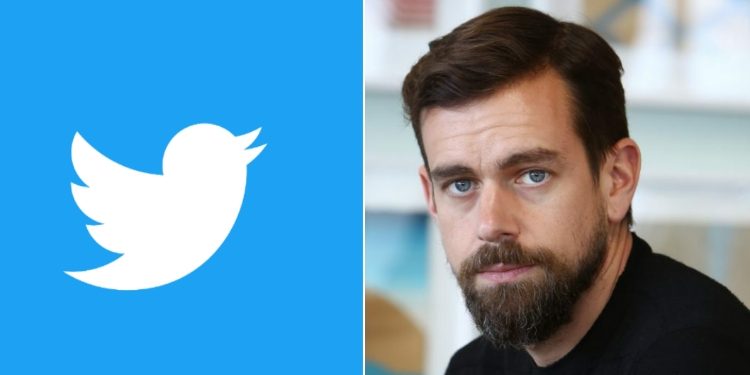Twitter CEO Jack Dorsey has announced that the social platform will stop all political advertising across the globe.
He tweeted “We believe political message reach should be earned, not bought,” updating the decision to suspend all political ads on the platform on Wednesday afternoon. The new policy will be effective 22nd November, in order to give current political advertisers reasonable notice.
“While internet advertising is incredibly powerful and very effective for commercial advertisers, that power brings significant risks to politics, where it can be used to influence votes to effect the lives of millions,” Dorsey continued, citing a litany of other reasons why political ads are not appropriate on social media, including “machine-based optimization of messaging,” “micro-targeting,” “unchecked misleading information,” and “deep fakes.”
The decision comes as stark contrast to Facebook, which recently revised its political ad policy in the opposite direction, disclosing that it would not block or remove ads from political candidates that have false information.
Dorsey said Twitter considered blocking only ads for candidates for political office and allowing other forms of political advertising, such as issues-oriented advertising, to remain on Twitter, but said Twitter determined that wouldn’t be fair to and is stopping those ads as well.
Dorsey said Twitter will release its final policy by 15th November, “including a few exceptions,” such as ads in support of voter registration.
“This isn’t about free expression,” he concluded, adding: “This is about paying for reach. And paying to increase the reach of political speech has significant ramifications that today’s democratic infrastructure may not be prepared to handle.”
Twitter’s decision to ban political ads likely won’t have much of an impact on its bottom line, says eMarketer Senior Analyst Jasmine Enberg, noting “It’s likely that political advertising doesn’t make up a critical part of Twitter’s core business. And, given the nature of the platform, people, publishers and politicians will still use Twitter to discuss politics organically, meaning that it won’t fully solve the problem of misinformation.”

















